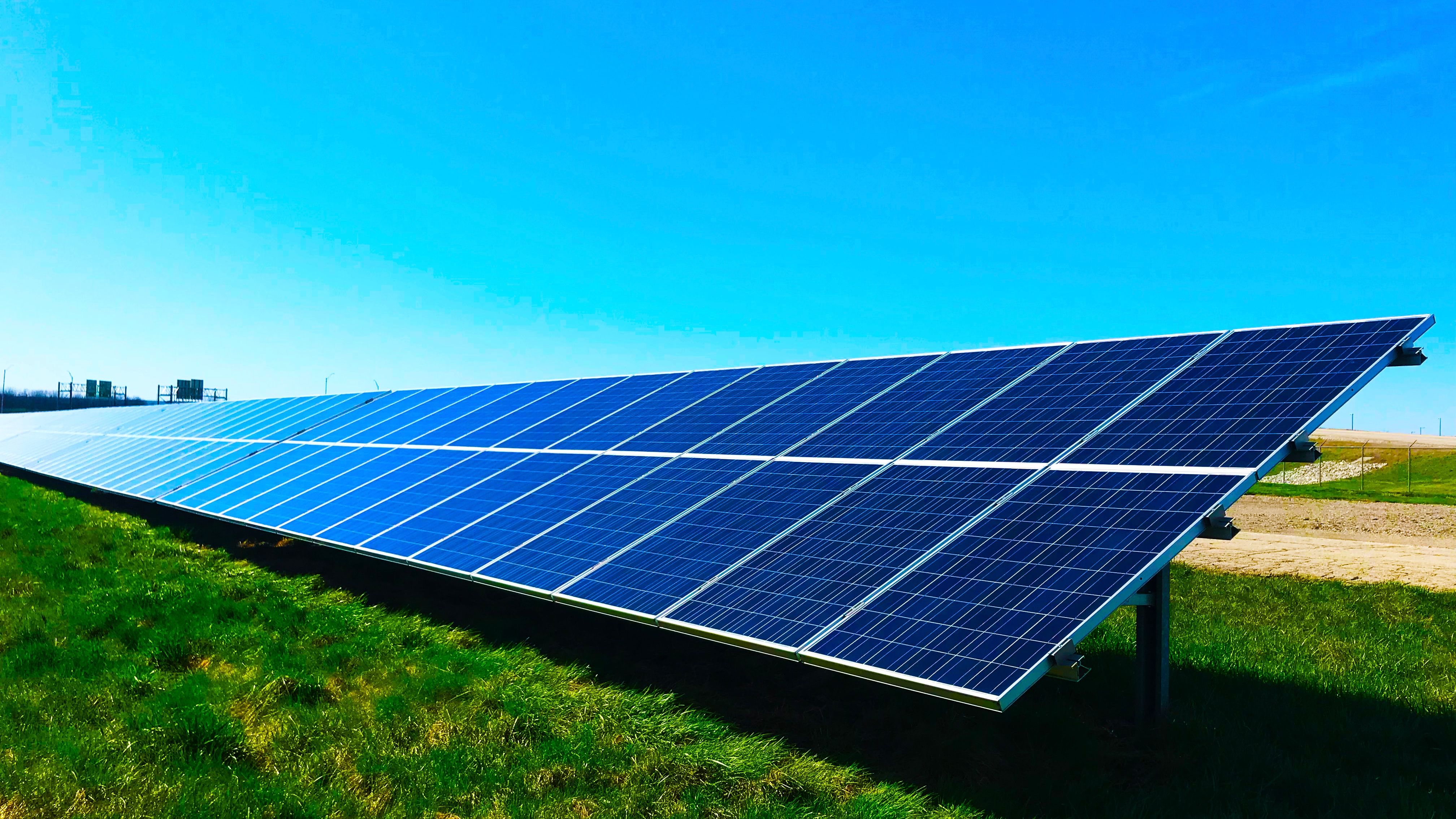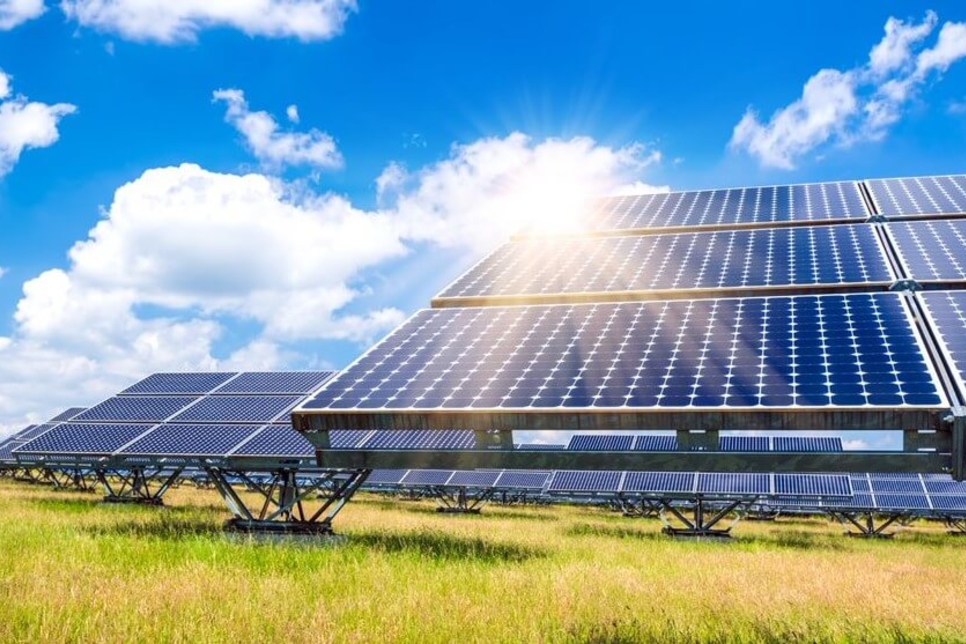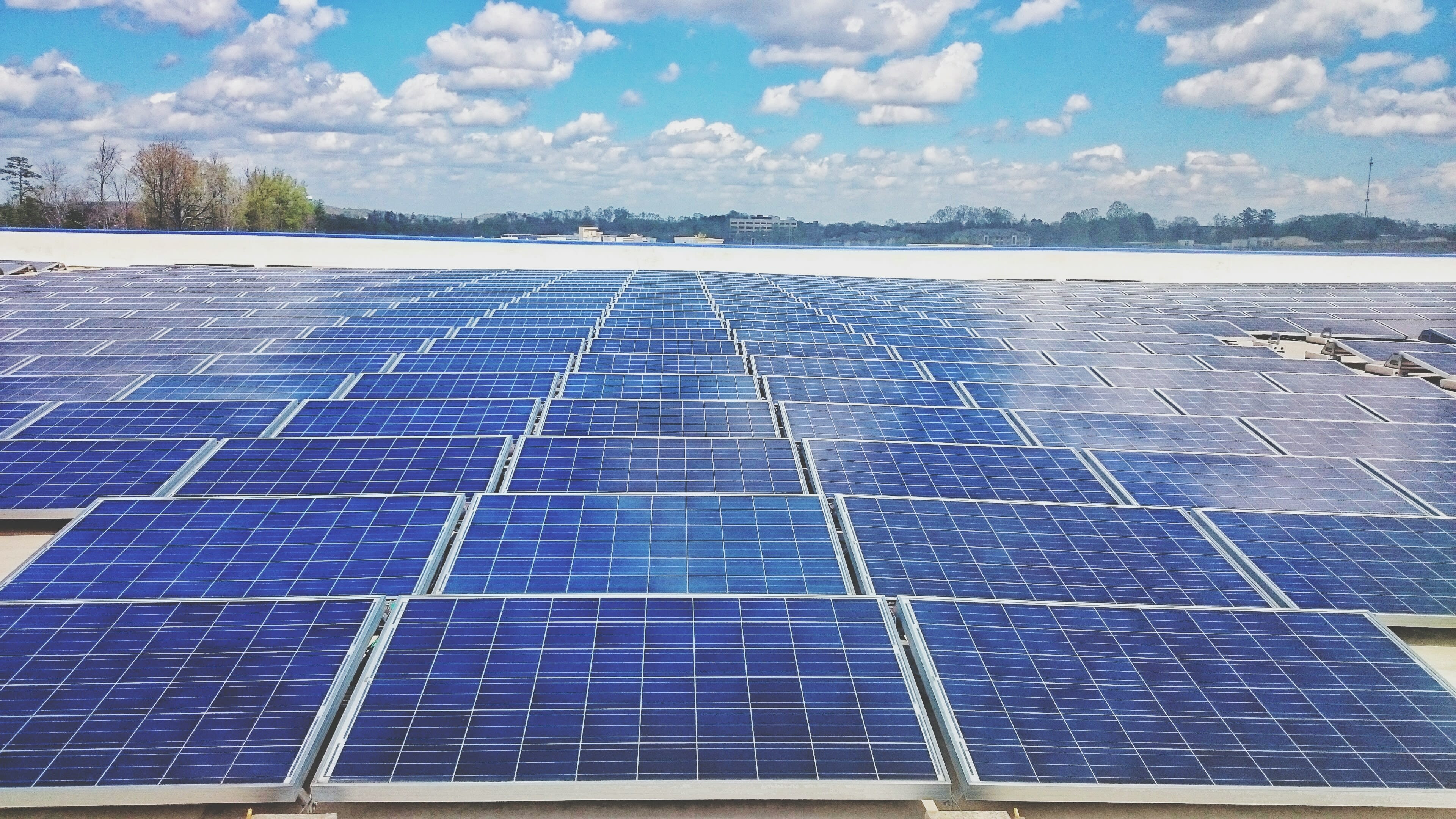

There’s no doubt about it, solar-powered electricity is a cost-saving energy alternative. Depending on the size of your solar power system, it can start generating more electricity than your home consumes, making your meter spin backward.
When you go solar, you can decrease your monthly electric bill, instantly saving on electricity month over month. With a solar panel system, your home will generate free power for its entire 30-year life cycle. Even if your solar power system does not produce 100 percent of the energy your house consumes, you still will be reducing your energy bills, and owning the power your panels produce.
Solar PV panels are a preferred choice for creating electricity from the sunlight's energy. Below are some basic steps for installing solar PV panels:
Assess your power requirements and determine the ideal dimension for your solar PV system. This will include determining your electricity usage, identifying the quantity of sunlight your area gets, and thinking about any kind of available motivations or subsidies.
Select the kind as well as number of solar panels you will require, along with the inverter as well as any other essential equipment.
Acquire any type of required authorizations as well as authorizations from your local government or energy firm.
Choose a place for your solar PV panels that will certainly obtain one of the most direct sunlight. The roof covering is an usual choice, however you may also be able to install panels on the ground or on a wall surface.
Install mounting hardware for your solar PV panels. This will commonly include affixing braces to your roofing or installing a ground-mounted system.
Connect the solar panels to the inverter and mount the inverter in a location that is easily obtainable.
Run electrical circuitry from the inverter to your main electric panel.
Have your system examined as well as approved by your regional structure department or utility business.
Turn on your solar PV system and also begin generating electricity.
It is necessary to keep in mind that installation of solar PV panels must be done by a professional or a team of experts with the proper training and knowledge. Trying to install a solar PV system on your own might be unsafe as well as might nullify any type of guarantees or assurances.
Every solar panel will have a different production of electricity. Moreover, the usage and sunlight exposure will determine its efficiency.
| Capacity | Power |
|---|---|
| Residential solar panels | 1kW to 4kW 250 watts to 400 watts per hour |
| Commercial solar panels | Up to 10kW 470 watts per hour |
Solar panels have become 20% more efficient than they were a few years ago. Therefore, the average calculation of solar panel electricity production would be:
From here, if you divide the system size by the per panel wattage, you will get 20.69, which is the equivalent of 21 solar panels.
We offer intricate installation and activation services in Fair Oaks, Ga. Our high-quality services include processes like:
| Steps | What We Do | Why We Do it |
|---|---|---|
| Site assessment and analysis | Our team of contractors will go on-site and determine the state and analyze the course of action. We will prune unnecessary obstacles to ensure proper access to sunlight. | This step helps us understand the situation better and determine the unique attributes of your building to defuse the hindrance. |
| Permits and documents | After determining the design and actionable course, we will submit the draft to your local government. Our team knows the permitting process. | It ensures that the regional verification and regulations are met, and your permit is authentic and legal. |
| Installation process | Our contractors will start the work after getting acknowledgment and freeing obstacles. We will install wiring, mount the equipment and place the solar panels facing direct sunlight. | We utilize intricate and sophisticated installation processes to ensure the proper efficiency of your solar panels and the longevity of the structure. |
After completing our work, a government representative will inspect the installation. In some cases, they might install a meter that feeds the excess power into the electrical grid.
After you have gotten the green light and all our efforts have been approved, you activate your solar panels by flipping a switch.
| Processes | Time Taken |
|---|---|
| Analysis | 1 to 4 weeks |
| Permitting | 2 to 8 weeks |
| Installation | 1 to 7 days |
| Inspection | 2 to 3 weeks |
Utility prices keep rising. Power rates for residential customers in the U.S. have risen nearly 70 percent since 2001. Utility rates will continue their upward trajectory as the cost of fuel for power plants rises. Also, the billions of dollars it will cost to clean up the coal ash problem will be passed on to all of us.
{One of|Among} the {advantages|benefits} of {solar energy|solar power} is that you can {protect|safeguard|secure|shield} {yourself|on your own} {against|versus} variable {electricity|electrical power|electrical energy|power} {costs|expenses|prices}. {Overall|In general|Generally|On the whole}, going solar {helps|assists|aids} you have {a more|an even more} {consistent|constant|regular} {financial|monetary|economic} {forecast|projection} {and|as well as|and also} {better|much better|far better} {manage|handle} your {utility|energy} {expenses|costs|expenditures}.
Homes with solar energy systems have higher property values than non-solar homes, according to a 2015 study from the Lawrence Berkeley Research Laboratory. From the same study, there’s evidence that they also sell faster than non-solar ones. As more homebuyers become more interested in the benefits of solar, demand for properties with solar panels will continue to grow.
Today, when homeowners are looking to make home improvements, solar energy is often on the top. While you’re living in your house, you enjoy lower electricity bills. When you decide to sell your home, you are expected to enjoy an increased property value that will be a fantastic return on investment from going solar.
| Fair Oaks is a census-designated place in Cobb County, Georgia, United States. The population was 9,028 at the 2020 census. Fair Oaks lies just outside the city limits of Smyrna and Marietta, and the area uses "Smyrna" or "Marietta" for its mailing addresses. - Wikipedia Things to do - Google map |
 |
Learn More - FAQ | Electrical Vehicle Charging
Renewable Energy Source. Among all the benefits of solar panels, the most important thing is that solar energy is a truly renewable energy source.
As a general solar industry rule of thumb, solar panels last about 25-30 years. However, this doesn’t mean that they stop producing electricity after 25 years – it just means that energy production has declined by what manufacturers consider to be a significant amount.
However, unless you live somewhere with high amounts of smog, dust, dirt or sand blowing around, solar panel cleaning is generally not necessary. In most cases, occasional rain will be enough to naturally and safely keep your solar panels clean and free of debris that could lower production.
Solar Power Energy
Solar power is the conversion of energy from sunlight into electricity, either directly using photovoltaics (PV), indirectly using concentrated solar power, or a combination. Concentrated solar power systems use lenses or mirrors and solar tracking systems to focus a large area of sunlight into a small beam. Photovoltaic cells convert light into an electric current using the photovoltaic effect.
Photovoltaics were initially solely used as a source of electricity for small and medium-sized applications, from the calculator powered by a single solar cell to remote homes powered by an off-grid rooftop PV system. Commercial concentrated solar power plants were first developed in the 1980s.
As the cost of solar electricity has fallen, the number of grid-connected solar PV systems has grown into the millions and utility-scale photovoltaic power stations with hundreds of megawatts are being built. Solar PV is rapidly becoming an inexpensive, low-carbon technology to harness renewable energy from the Sun.
The current largest photovoltaic power station in the world is the Pavagada Solar Park, Karnataka, India with a generation capacity of 2050 MW.
A solar cell panel, solar electric panel, photo-voltaic (PV) module or solar panel is an assembly of photo-voltaic cells mounted in a framework for installation. Solar panels use sunlight as a source of energy to generate direct current electricity. A collection of PV modules is called a PV panel, and a system of PV panels is called an array. Arrays of a photovoltaic system supply solar electricity to electrical equipment.
There are different types of solar Pv panels (See Solar Pv Panels Types)
Solar rooftop potential for the entire country is the number of rooftops that would be suitable for solar power, depending on size, shading, direction, and location. Rooftop potential is not equivalent to the economic or market potential for rooftop solar—it doesn’t consider availability or cost. Rather, it is the upper limit of solar deployment on rooftops across the country.
GA has a state-wide net metering policy that applies to all investor-owned utilities, municipal utilities, and electric cooperatives.
Each utility must compensate customers for net excess solar generation at the average retail utility energy rate. Compensation for excess energy may take the form of actual payment, like a check, or as a credit on the homeowners utility bill.
Many of GA’s utility companies offer solar rebates to their customers. Through this program, the local electric companies will pay customers an additional $0.07 per kilowatt hour of solar energy produced in exchange for any renewable energy credits the system produces.
GA has a property tax exemption for solar panel systems. Under the Property Tax Exemption for Solar Generating Systems, 100% of the assessed value of the solar system is exempt from the homeowner’s property taxes.
solar installer, which is also called aPV installer (which stands forphotovoltaic), install and maintain solar panelson people's homes, businesses, or on land. Theseinstallerswould also be responsible to ground any necessary equipment and ensure safety standards and code are met.
Solar photovoltaic (PV) installers assemble, set up, and maintain rooftop or other systems that convert sunlight into energy.
Most solar panel installations are done outdoors, but PV installers sometimes work in attics and crawl spaces to connect panels to the electrical grid. Installers also must travel to jobsites.


